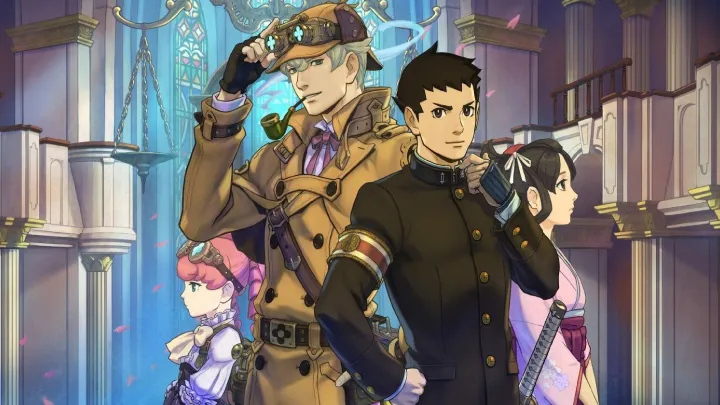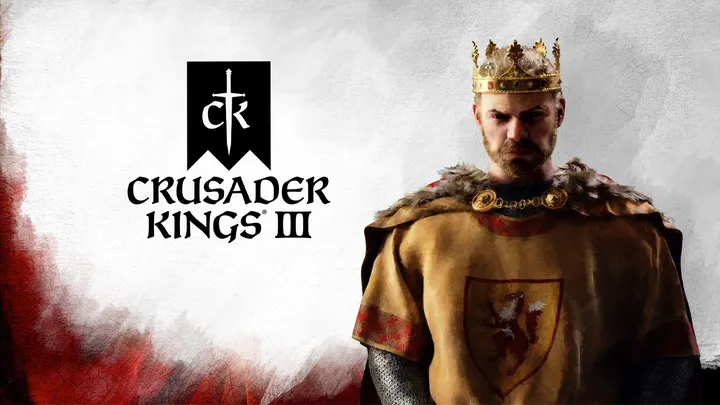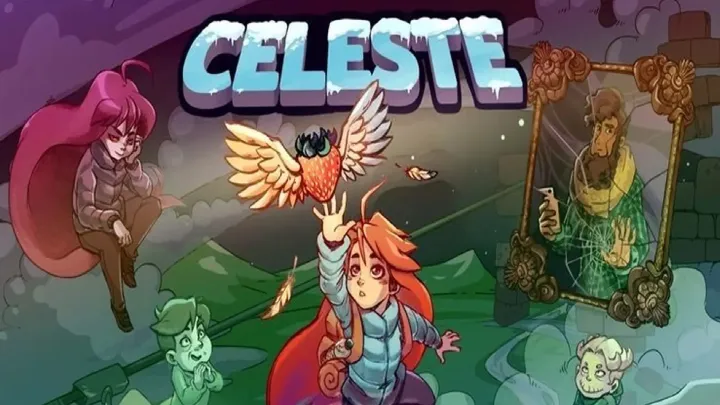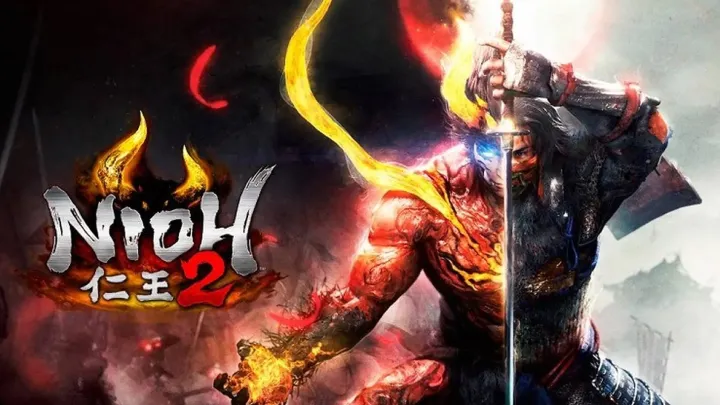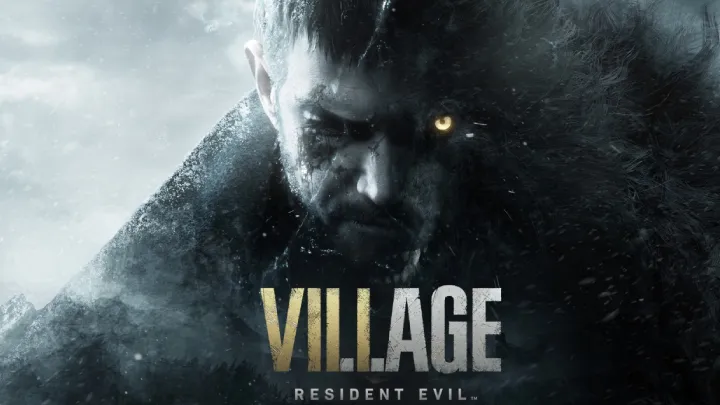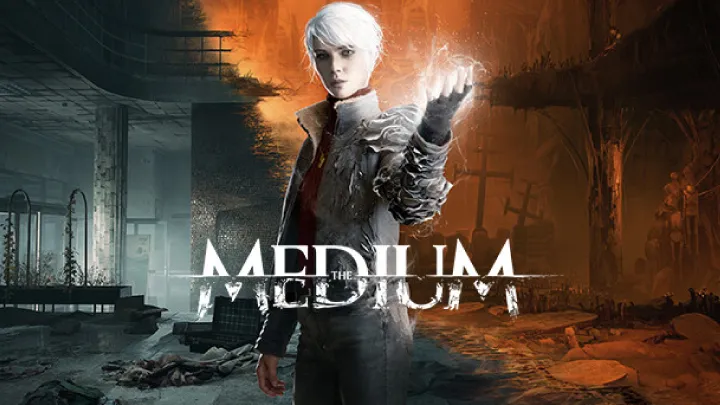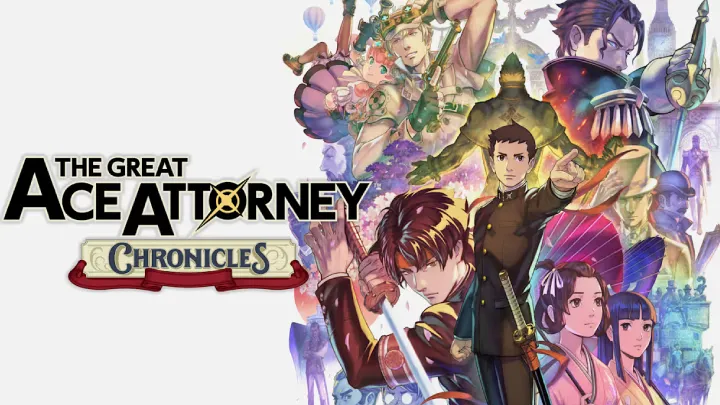
In the world of visual novels and courtroom dramas, The Great Ace Attorney Chronicles stands out as a remarkable entry in the beloved Ace Attorney series. Set in the late 19th century during the Meiji era in Japan and the Victorian era in England, this game not only captivates players with its engaging courtroom battles and intricate plots but also raises significant issues related to cultural representation and historical context. This article explores the challenges and implications of cultural authenticity and representation in The Great Ace Attorney Chronicles, examining how these elements influence player experience and the narrative's impact.
The Cultural Setting: A Blend of East and West
At the heart of The Great Ace Attorney Chronicles is its unique cultural setting, which juxtaposes Japanese and British customs. This blend creates a rich tapestry for storytelling but also presents challenges related to cultural representation.
The Meiji Era and Its Significance
The Meiji era (1868-1912) was a period of rapid modernization and westernization in Japan. This historical context is crucial for understanding the cultural nuances in the game. The protagonist, Ryunosuke Naruhodo, embodies the conflict between tradition and modernity. As he navigates the intricacies of the legal system, players witness the tension between Japanese customs and Western influences.
Victorian England: A Contrast in Legal Practices
In contrast, the game also immerses players in Victorian England, a period marked by its own legal complexities. The British legal system differs significantly from Japan's, particularly in terms of trial proceedings and courtroom decorum. This contrast not only highlights the cultural differences but also serves as a narrative device to explore themes of justice and morality across two distinct societies.
The Representation of Characters: Stereotypes and Archetypes
One of the most significant issues in The Great Ace Attorney Chronicles revolves around character representation. The game features a diverse cast, but the portrayal of certain characters raises concerns regarding stereotypes and archetypes.
The Protagonist: Ryunosuke Naruhodo
Ryunosuke Naruhodo is a compelling character who embodies the struggle of a young lawyer seeking justice in a rapidly changing world. His character development is nuanced, reflecting the challenges he faces as an outsider in both Japanese and British societies. However, some players argue that his character could have been further developed to avoid falling into the "everyman" archetype, which can dilute the complexity of his experiences.
Supporting Characters: A Mixed Bag
The supporting cast includes a variety of characters, from the flamboyant and eccentric to the stoic and serious. While some characters, like Susato Mikotoba, are well-developed and contribute significantly to the narrative, others can feel like one-dimensional stereotypes. For instance, the portrayal of certain British characters may lean towards caricatures, which can detract from the game's overall authenticity.
The Role of Humor: Cultural Nuances and Misinterpretations
Humor plays a vital role in The Great Ace Attorney Chronicles, providing levity amidst the serious themes of justice and morality. However, the cultural nuances of humor can create barriers for some players.
The Use of Puns and Wordplay
The series is known for its clever wordplay and puns, which are often rooted in the Japanese language. While these elements add charm to the dialogue, they can be challenging to translate effectively for English-speaking audiences. As a result, some jokes may lose their impact or be misinterpreted, leading to a less enjoyable experience for players unfamiliar with the cultural context.
Balancing Humor with Serious Themes
Finding the right balance between humor and the serious themes of the game is crucial. While comedic moments can enhance character interactions, they risk trivializing the weight of the legal battles and moral dilemmas faced by the characters. The game's success lies in its ability to weave humor into the narrative without undermining the gravity of its core themes.
The Dynamics of the Courtroom: A Reflection of Cultural Values
The courtroom scenes in The Great Ace Attorney Chronicles serve as a microcosm of the cultural values present in both Japanese and British societies. These dynamics highlight the differing approaches to justice and the role of the judiciary.
The Japanese Legal System: Tradition vs. Modernity
In the game, the Japanese legal system is depicted as evolving, grappling with the remnants of traditional practices while incorporating Western influences. This tension is exemplified in the trial mechanics, where players must navigate complex legal arguments while considering societal expectations. The portrayal of judges and prosecutors reflects a culture still adjusting to modern legal practices, raising questions about the efficacy and morality of the judicial system.
The British Legal System: Order and Rigor
Conversely, the British legal system is characterized by its formalities and structured procedures. The courtroom dynamics in England emphasize the importance of evidence and logical reasoning. However, the game also critiques the rigidity of this system, suggesting that adherence to tradition can sometimes obstruct justice. This duality invites players to reflect on the strengths and weaknesses of both legal systems.
Themes of Justice and Morality: A Cross-Cultural Exploration
At its core, The Great Ace Attorney Chronicles grapples with profound themes of justice and morality. The narrative challenges players to consider the complexities of truth and the implications of their decisions.
The Nature of Justice
The game explores the notion of justice as a multifaceted concept influenced by cultural perspectives. Through various cases, players encounter moral dilemmas that force them to question the integrity of the legal system. The portrayal of justice is not black and white; it encompasses shades of gray that reflect the intricacies of human nature.
The Consequences of Choices
The decisions made during trials have far-reaching consequences for the characters involved. The game emphasizes the weight of these choices, illustrating how they can alter lives and shape destinies. This exploration of moral responsibility resonates with players, prompting them to consider the impact of their actions both within and outside the game.
The Impact of Cultural Authenticity on Player Experience
Cultural authenticity plays a crucial role in shaping the player experience in The Great Ace Attorney Chronicles. The game's ability to accurately depict cultural elements influences how players connect with the narrative.
The Importance of Research and Representation
For a game set in two distinct cultures, thorough research and representation are essential. The developers' efforts to incorporate historical and cultural details enrich the experience, providing players with a deeper understanding of the characters and their motivations. However, any inaccuracies or oversimplifications can detract from the authenticity and lead to misinterpretations.
Fostering Empathy Through Cultural Exchange
The game's cross-cultural setting fosters empathy by allowing players to engage with different perspectives. By immersing themselves in the lives of characters from diverse backgrounds, players gain insight into the complexities of cultural identity and the challenges faced by individuals within those societies. This exchange of ideas enhances the overall narrative and encourages critical thinking.
Community Reception: Voices of Players
The reception of The Great Ace Attorney Chronicles has sparked discussions within the gaming community regarding cultural representation and the game's approach to sensitive topics.
Positive Responses to Cultural Elements
Many players appreciate the game's efforts to incorporate cultural elements authentically. The vibrant settings, detailed character designs, and historical references resonate with fans who value representation in gaming. The positive reception of these aspects highlights the importance of cultural diversity in video games.
Critiques and Calls for Improvement
Conversely, some players voice concerns about the portrayal of certain characters and the reliance on stereotypes. These critiques emphasize the need for continuous improvement in character development and representation. The community's feedback serves as a valuable resource for developers, encouraging them to create more nuanced and authentic narratives.
Future Directions: Enhancing Cultural Representation
As the gaming industry evolves, the importance of cultural representation in titles like The Great Ace Attorney Chronicles becomes increasingly evident. Developers have a responsibility to ensure that their narratives are inclusive and respectful of diverse cultures.
Embracing Diversity in Character Development
Future installments in the Ace Attorney series should prioritize the development of well-rounded characters that transcend stereotypes. By creating characters with depth and complexity, developers can foster a more inclusive gaming environment that resonates with a broader audience.
Continued Research and Collaboration
To enhance cultural authenticity, developers should engage in ongoing research and collaborate with cultural experts. This approach ensures that narratives reflect the intricacies of the cultures they represent, fostering a greater understanding among players and promoting empathy.
Conclusion: The Legacy of The Great Ace Attorney Chronicles
The Great Ace Attorney Chronicles is a significant contribution to the visual novel genre, offering players a unique blend of cultural exploration, courtroom drama, and moral dilemmas. While it successfully immerses players in a rich narrative, the issues surrounding cultural representation and authenticity remain critical points for consideration. By addressing these challenges, future titles in the series can continue to engage players while fostering a deeper understanding of diverse cultures.
